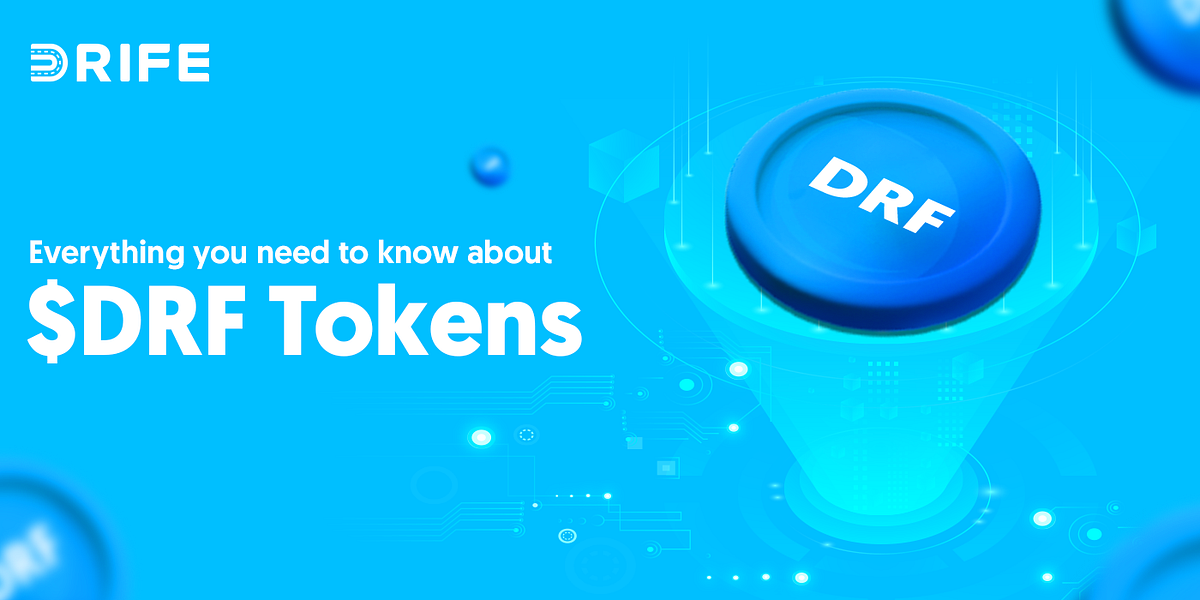DRIFE Set to Launch $DRF Token: A New Era in Decentralized Ride-Hailing

On November 14th, DRIFE will officially launch its highly anticipated $DRF token, marking a significant milestone in the decentralized ride-hailing sector. This launch is not just another addition to the crypto landscape; it is set to revolutionize the DePIN (Decentralized Physical Infrastructure Networks) space by providing a decentralized alternative to traditional ride-hailing services. The $DRF token aims to empower riders and drivers alike, ensuring fair pricing, transparent governance, and greater autonomy. This initiative is designed to benefit the entire ecosystem, allowing drivers to have more control over their earnings and riders to avoid surge pricing.
The $DRF token will have a total supply of 1 billion tokens, with 38 million available at launch, representing 3.8% of the total supply. The token allocation is strategically designed to foster sustainable growth, with 10% allocated to the team and advisors, 44% to the treasury, 9% for liquidity, and 15% for early contributors. To maintain stability, a vesting schedule is in place, ensuring that team tokens are vested over 12 months with a 6-month cliff, while ecosystem and rewards tokens will be gradually unlocked over three years. This structure aligns the interests of the project, community, and team, promoting long-term commitment and stability.
The $DRF token will serve multiple purposes within the DRIFE ecosystem, including facilitating decentralized payments, enabling governance participation, and powering a referral system. Users can earn tokens through various activities, such as staking, sharing content, and engaging in community-building efforts. As DRIFE prepares for its launch, the project is poised to become a leader in decentralized mobility, transforming the ride-hailing industry into a more efficient and community-driven model. With the launch just around the corner, the excitement is building, and the community is encouraged to participate and take advantage of the opportunities that $DRF presents.
Related News





